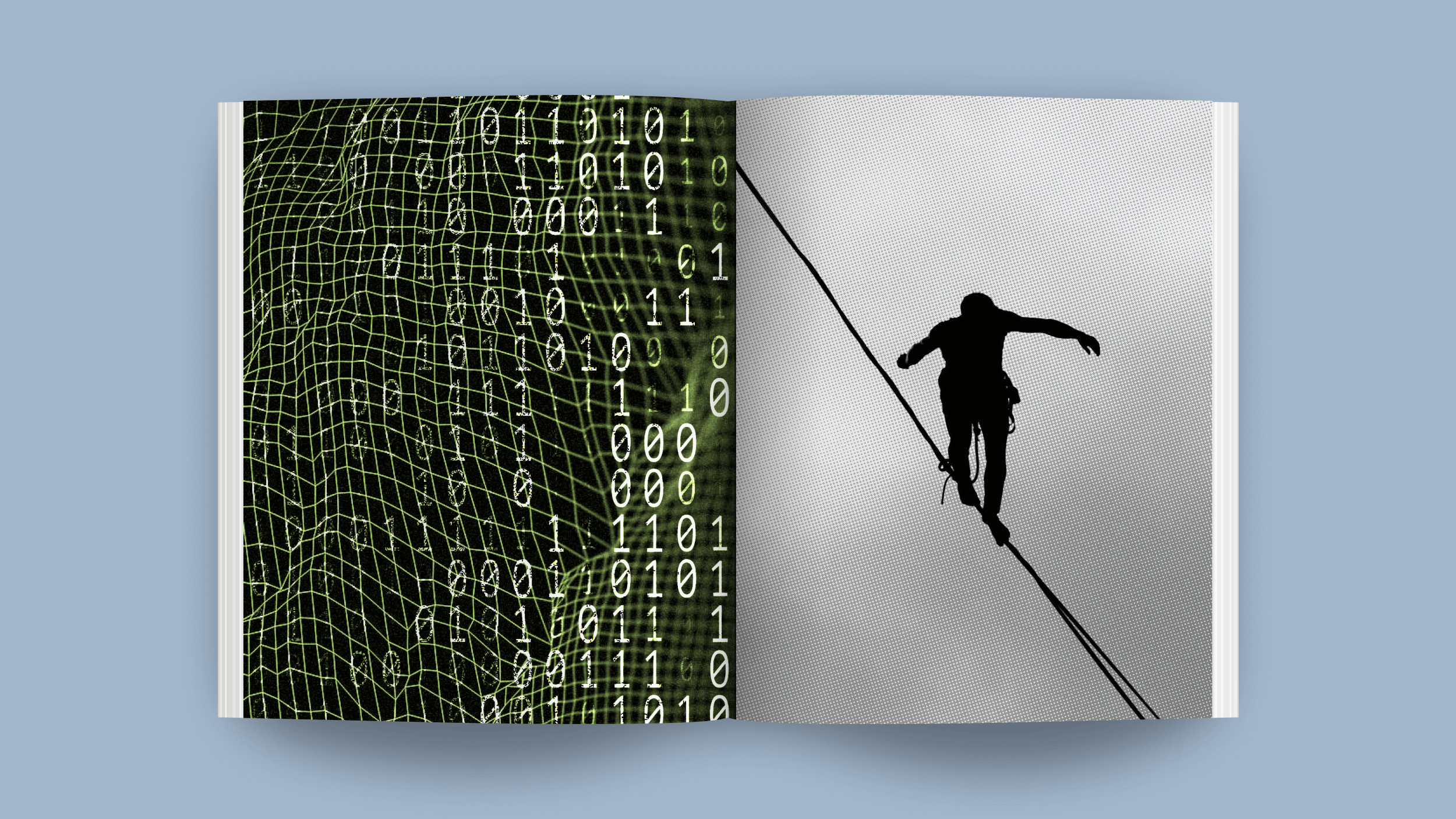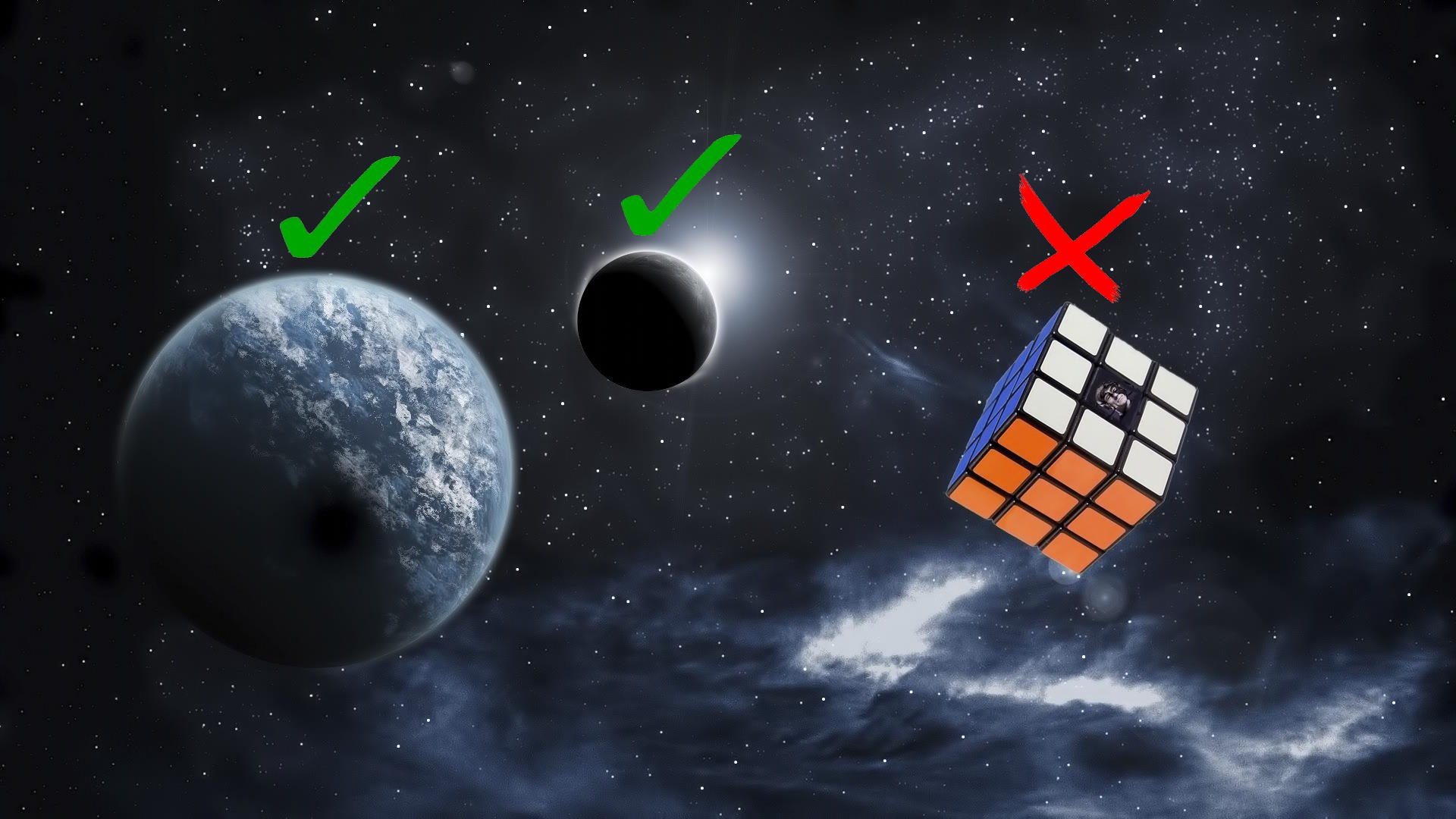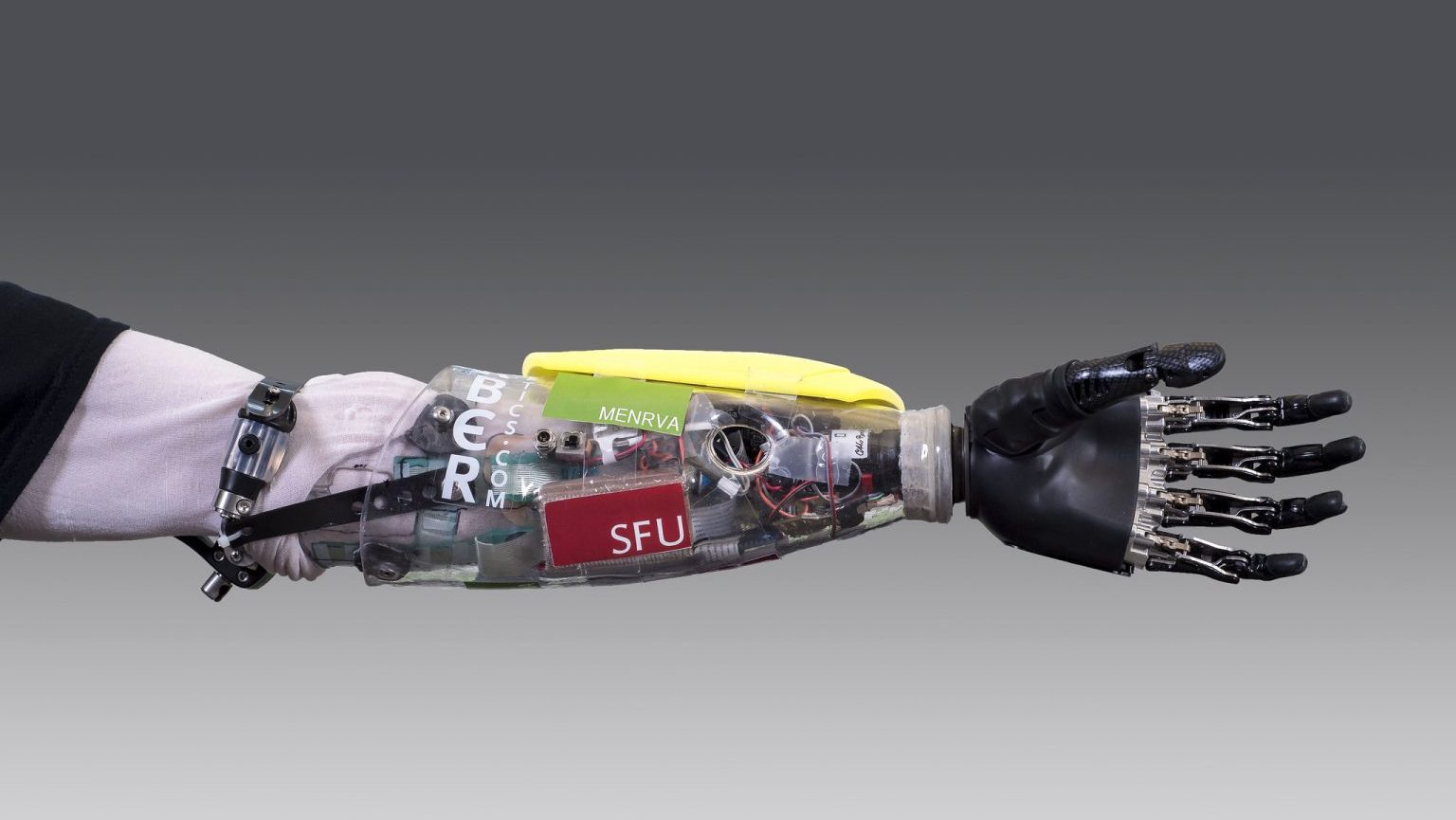Being so interconnected is exhausting, says professional consultant Carson Tate. We have to resist the tendency to treat our overwhelming schedules like badges of honor. We have to learn to say “no” when asked things that put us over our capacity, because every time you say “yes,” you’re saying “no” to something else.
Carson Tate: We're overwhelmed; we're connected 24/7; most of us have information flowing in multiple channels. Our calendars are packed; our task lists are long to overflowing and this is what I call the busy-ness epidemic that's consuming us.
So there becomes in our society this like busy-ness badge where we all need to be overstuffed, overscheduled because that in our culture it is how you demonstrate value and how you demonstrate that you're needed and important. That's not necessarily the case.
Every time you say "yes," you're saying "no" to something else. So the whole point is to get really clear around what you want to say "yes" to and what you want to say "no" to. Because every time you say "yes," you end up with a calendar that's full to overflowing. Many of the things that might be in it are really not in alignment with you and who you are. And so "no" becomes a powerful tool to take back control of your time in your day and our hesitation with saying "no" is we think maybe we're going to disappoint them or we're not going to be able to move forward in our career; well that's not true. If you say, "No, I can't do this project right now because I'm working on X; can I get to it later?" You're now having your manager as this key stakeholder helping you make some decisions and prioritize your workload and you're letting them know what you're working on because a lot of the time they don't know. So your "no" empowers others to help you as you're helping yourself.
But we're also very short and sweet in our no. We don't give them a list of reasons why. You aren't saying I'd love to but I've got this and that because then they might come back to you and say, "Oh, but it's only going to take a few minutes; it's only going to take a couple of days." You want to be very short and succinct in your "no" and then gracefully decline. And remember that it's not always about you. Your "no" is not necessarily going to ruin their day; they'll probably go and ask someone else and be just fine.
So, I think what happens with the busy-ness epidemic is you get so caught up in the doing of your day, you're just moving through the meetings, moving through the tasks that you forget that we're not human doings; we're human beings. And so some of the vitality and the beauty in life you just miss because your head's down and you're constantly responding and reacting to everything else that's going on in your world. And so it's in that space of the pause or a little bit of white space on your calendar that that's where I think you can find those little moments of joy and meaning.





